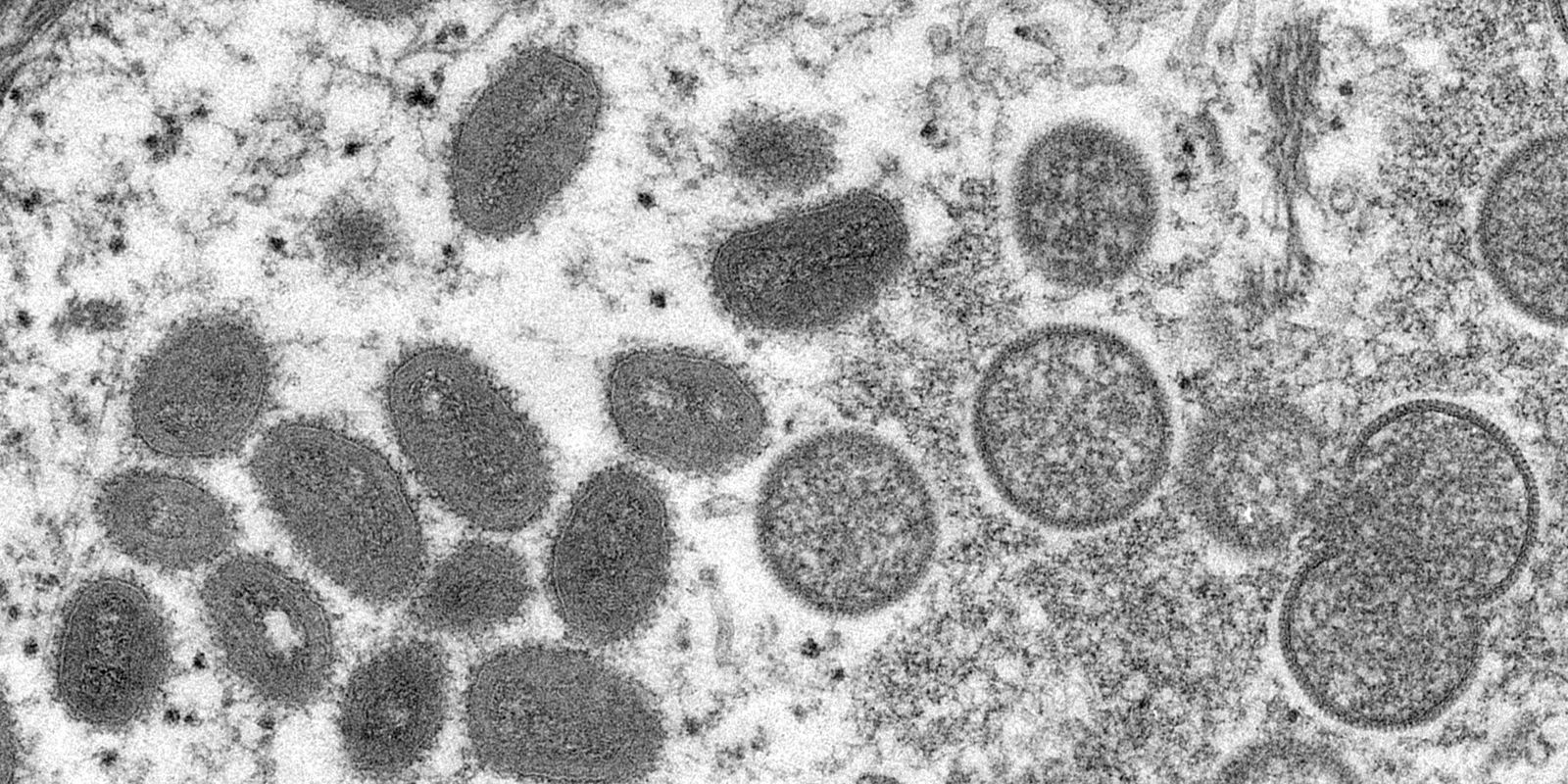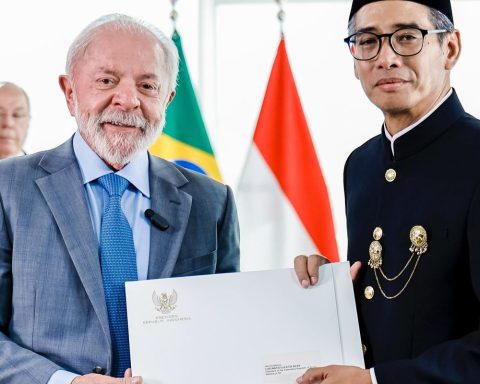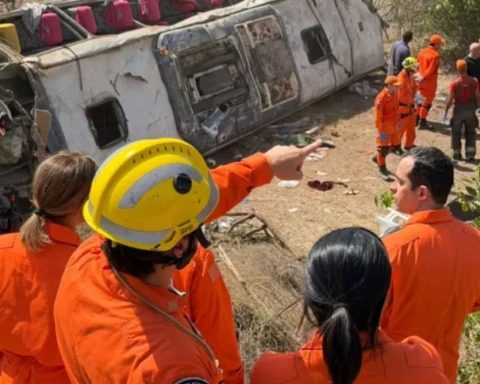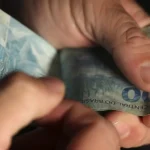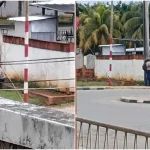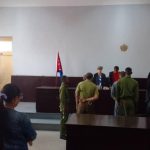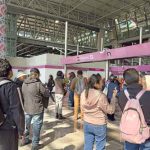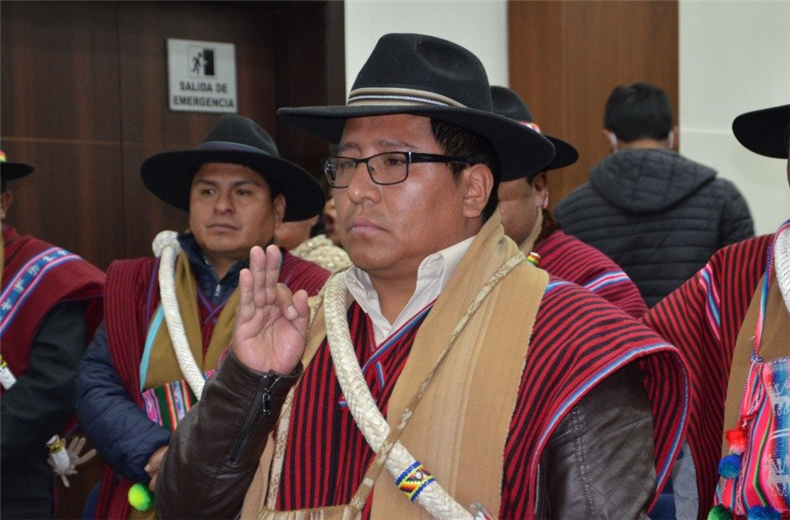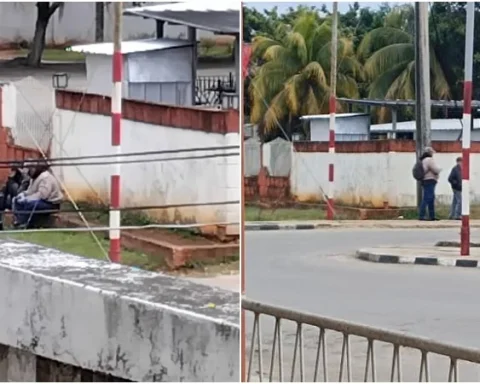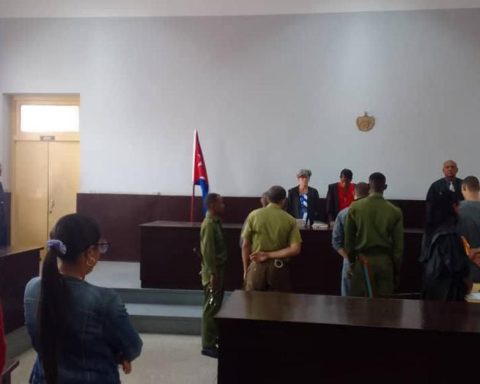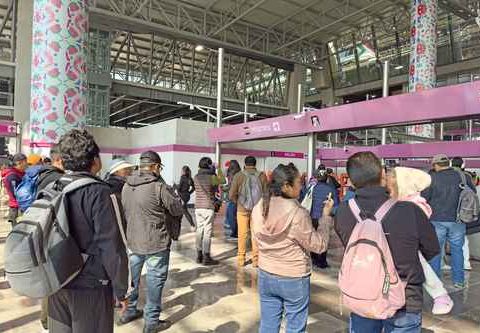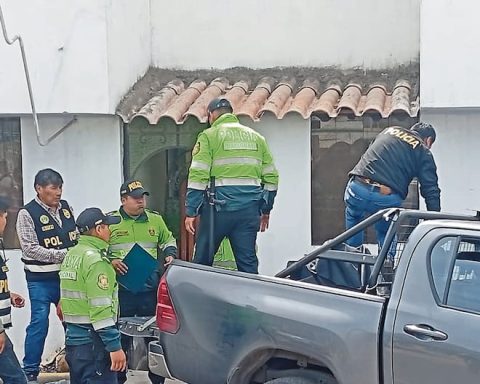The governor of São Paulo, Rodrigo Garcia, said today (10) that “there is no reason to panic” after the confirmation of the first case of monkeypox in Brazil. Yesterday (9), the municipal and state departments reported that a 41-year-old man, resident in the city of São Paulo, tested positive for the disease and is hospitalized at the Instituto de Infectologia Emílio Ribas. The patient has a travel history to Portugal and Spain.
Garcia, during an event in Barretos, in the interior of São Paulo, also said that he had already communicated the Ministry of Health to consider “border protocols” to control the entry of the virus. He recalled that another case, of a 26-year-old woman, is under investigation. She is admitted to a public hospital in the city and is kept in isolation and her health condition is stable. This case was reported on June 4th.
The Ministry of Health informed yesterday, through a note, that the Situation Room and the National Center for Strategic Information on Health Surveillance (CIEVS) continue in direct articulation with the state of São Paulo and the capital of São Paulo to monitor the case. and contact tracing. “All containment and control measures have been adopted since the patient’s hospitalization”, pointed out the agency.
On Wednesday (8), the ministry reported that it was monitoring eight suspected cases of monkeypox in Brazil.
the smallpox
Monkeypox is a disease caused by a virus and transmitted by close/intimate contact with an infected person with skin lesions. According to the State Department of Health, this contact can be through a hug, kiss, massage, sexual intercourse or respiratory secretions. Transmission also occurs by contact with objects, fabrics (clothes, bedding or towels) and surfaces that have been used by the patient.
There is no specific treatment, but, in general, the clinical pictures are mild and require care and observation of the lesions. The greatest risk of worsening occurs, in general, for immunosuppressed people with AIDS, leukemia, lymphoma, metastasis, transplant recipients, people with autoimmune diseases, pregnant women, lactating women and children under 8 years of age.
According to the secretary, the first symptoms associated with the disease are fever, headache, muscle and back pain, swollen lymph nodes, chills or tiredness. 1 to 3 days after the onset of these symptoms, people develop skin lesions that may be located on the hands, mouth, feet, chest, face, and/or genital regions.
The Butantan Institute reported that these skin lesions evolve in five stages: macula, papules, vesicles, pustules and finally crusts, the final stage, when the wounds fall off. The transmission of the virus occurs mainly when there is contact with these lesions.
To prevent the disease, the secretariat emphasizes that it is important to avoid close or intimate contact with the sick person until all wounds have healed; avoid contact with any materials that have been used by the sick person; and sanitize your hands, washing them frequently with soap and water or alcohol gel.
THE Brazil Agency contacted the Ministry of Health to comment on possible measures to be adopted and awaits the sending of information.
